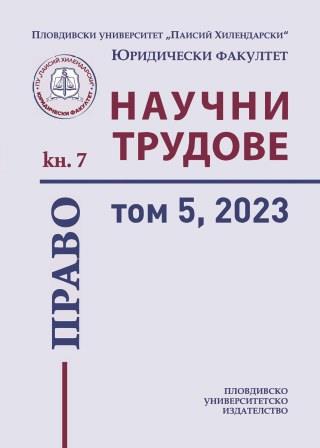Правно-исторически анализ на еквивалентността на престациите при възмездните договори
Legal and historical analysis of equivalence between duties in onerous contracts
Author(s): Teodor Peshterski
Subject(s): Law, Constitution, Jurisprudence, Civil Law, Canon Law / Church Law
Published by: Пловдивски университет »Паисий Хилендарски«
Keywords: justice; fair price; equality; market; exchange; laesio enormis
Summary/Abstract: Upon rediscovering the Corpus iuris civilis by the Bolognese glossators at the beginning of the twelfth century, the process of the actual development of the institution of gross disparity, named by them as laesio enormis, is taking place. The civil jurists establish laesio enormis as a practical remedy applicable to almost all onerous contracts, as well as the method of determining the ‘fair’ price. At the same time, canonists and theologians of the Middle Ages are trying to build their own theory, answering the questions – why the remedy should be provided and what is the concept of ‘fair price’. An essential role in this process is played by the negative attitude of the Church towards merchants, usury and, in particular, the sale of goods at a price higher than their value. As a result, the principle of equality in exchange has had its leading role in the contractual relationship for more than five centuries (up until the 17th century).
- Page Range: 45-76
- Page Count: 32
- Publication Year: 2024
- Language: Bulgarian
- Content File-PDF

